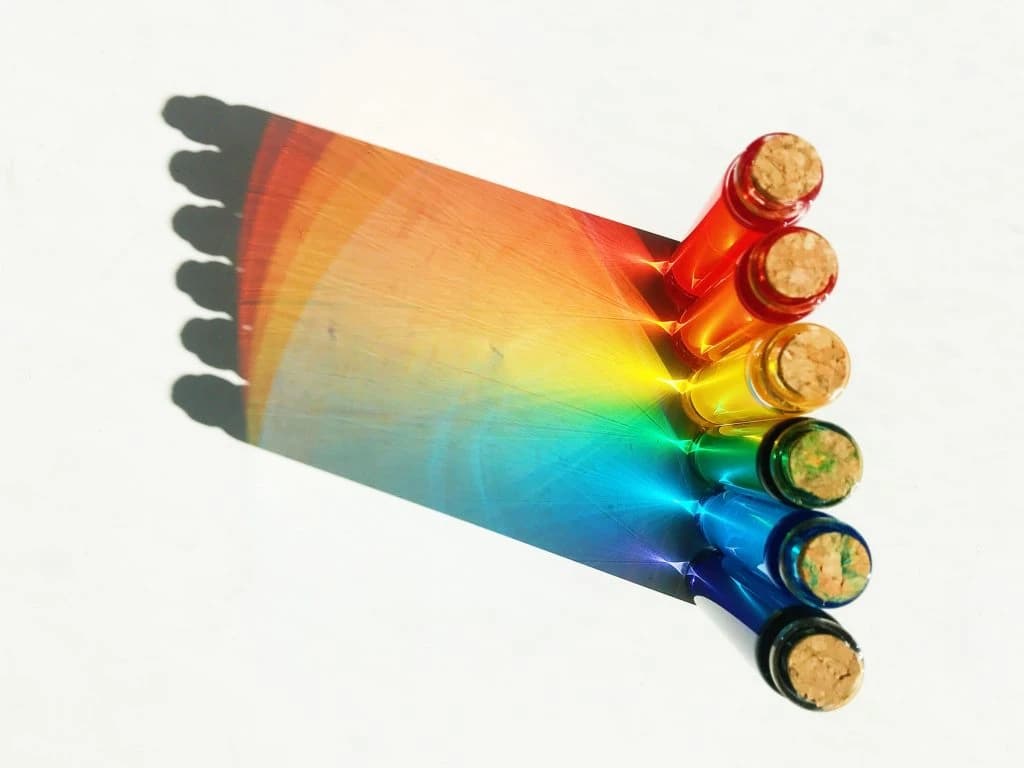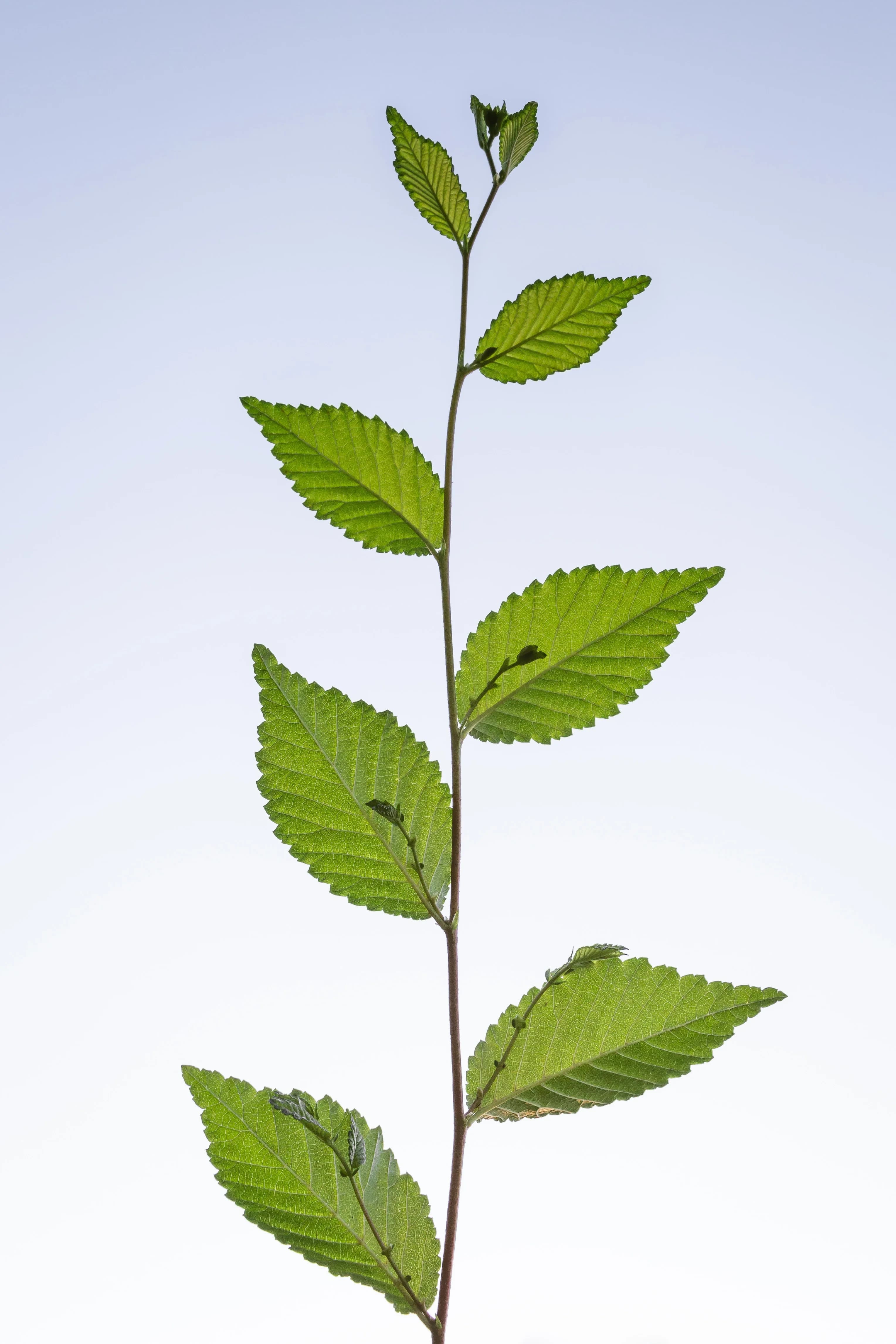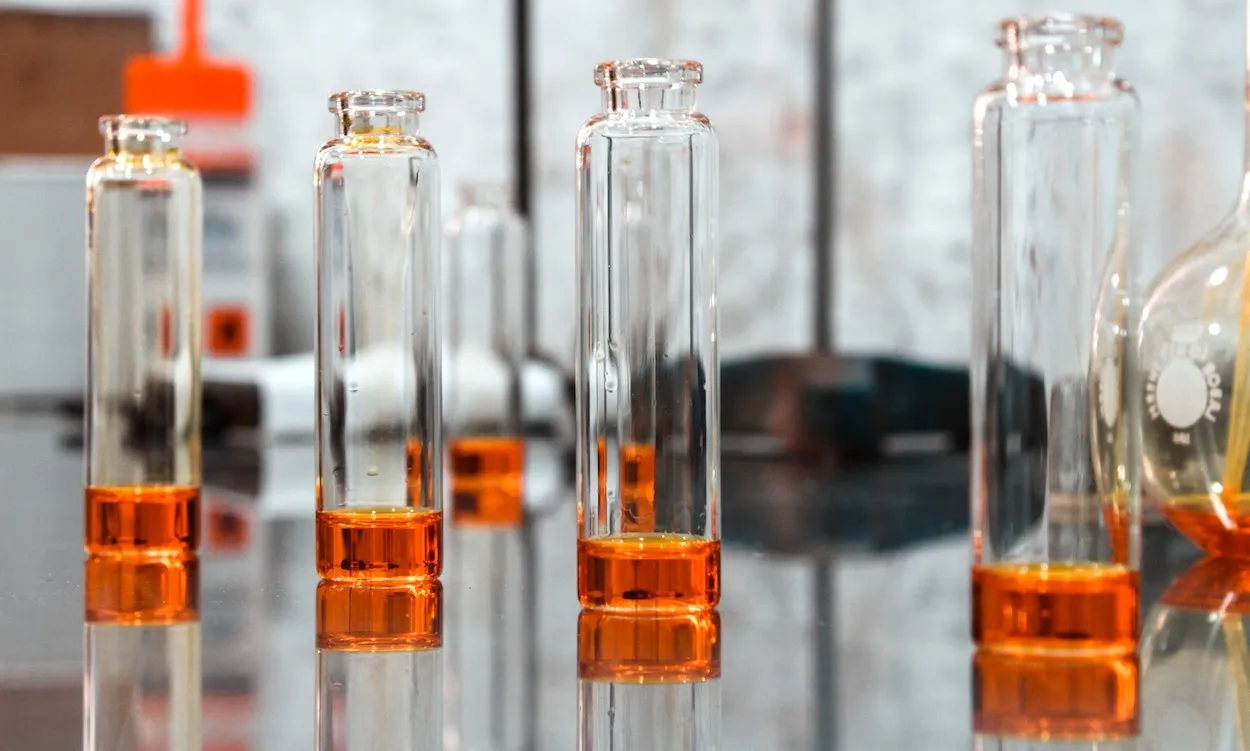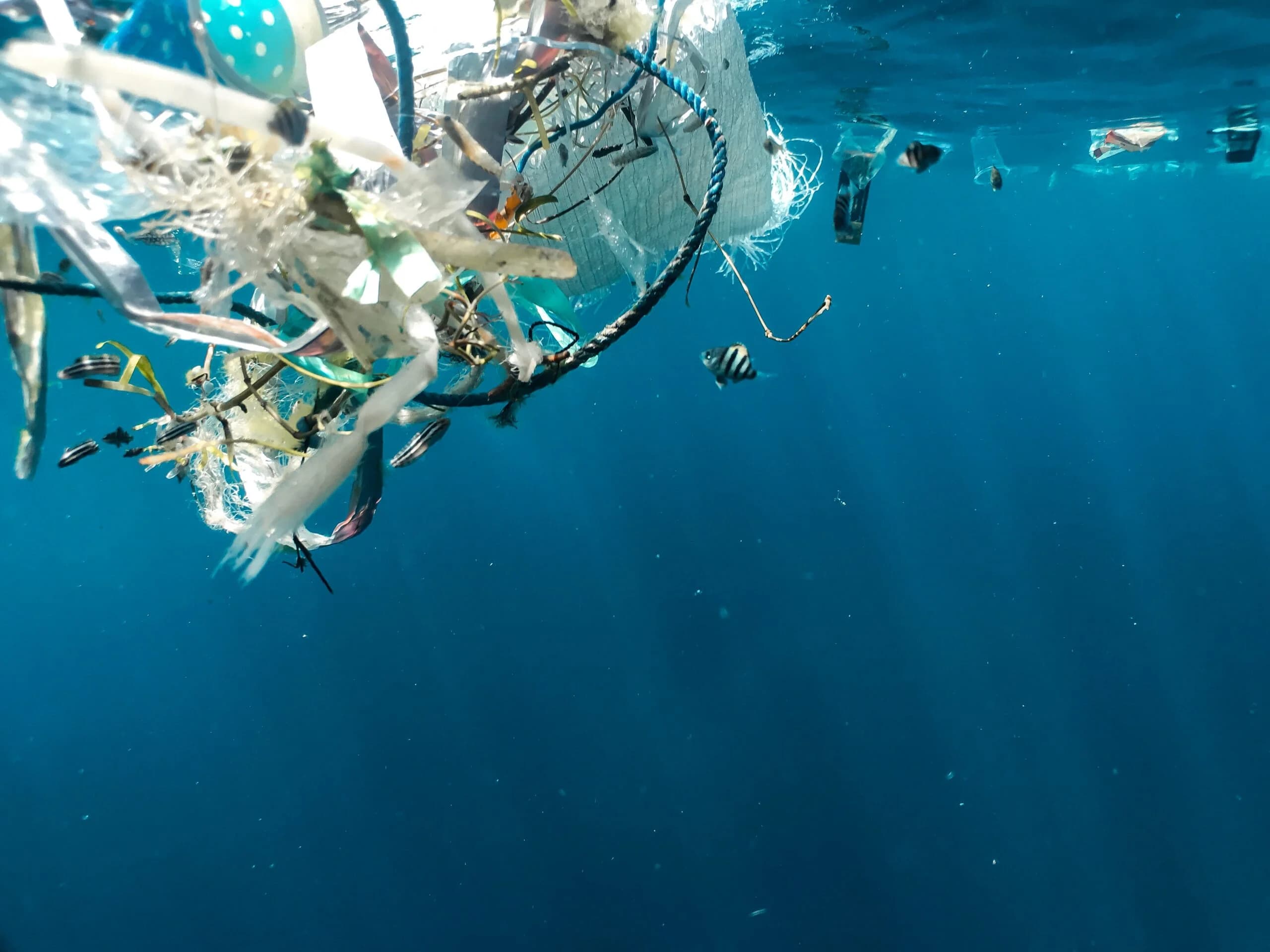Enhance your Curriculum
Spectroscopy brings hands-on learning experiences to your educational setting
Spectroscopy is one of the best ways to quantify data in school experiments. On this page you will find a variety of different topics and procedures that students can explore in your classroom and school laboratory. Upon a purchase you will also receive a workbook with detailed step-by-step procedures.
Back to Basics
What is spectroscopy? How do we perceive different colours. We will explore the science behind pigments/dyes, how sunlight is absorbed/reflected and what are different colours made of. A few experiments:
- Is black really a colour
- Investigating ink and colored markers
- Concentration of food dyes in soft drinks


Biology
Explore the fascinating world of biology and discover how we can analyze and understand biological molecules and processes using a powerful tool. Join us on a journey of discovery and learn how spectroscopy helps us diagnose diseases and monitor plant growth and health. Some of the experiments in this chapter:
- Exploring photosynthesis
- Researching plant pigments in spinach
- DIY pH indicator from red cabbage
- Measuring vitamin C in Citrus
Chemistry
In chemistry, we use spectroscopy to study atoms and molecules. By analysing the light emitted or absorbed by these particles, we can study compounds and their properties, reactions, concentrations and much more.
- Beer-Lambert law and concentration determination
- Reaction kinetics and color changes
- Identification of unknown compounds


Ecology
In ecology, spectroscopy is a valuable tool for assessing the quality of water and soil. By analysing the light that is absorbed or reflected, we can identify the presence of pollutants or other contaminants. Learn how spectroscopy helps us protect our planet and its resources.
- Water quality monitoring
- Detecting pollutants in environmental samples
- Soil nutrition analysis
EVERY SCHOOL NEEDS A SPECTROMETER
Why? Because spectrometers are versatile, allowing students to explore a range of subjects including cell respiration, photosynthesis, water quality, macromolecule content, bacterial growth, pH and much more. We made it affordable so that every school can have access to one.